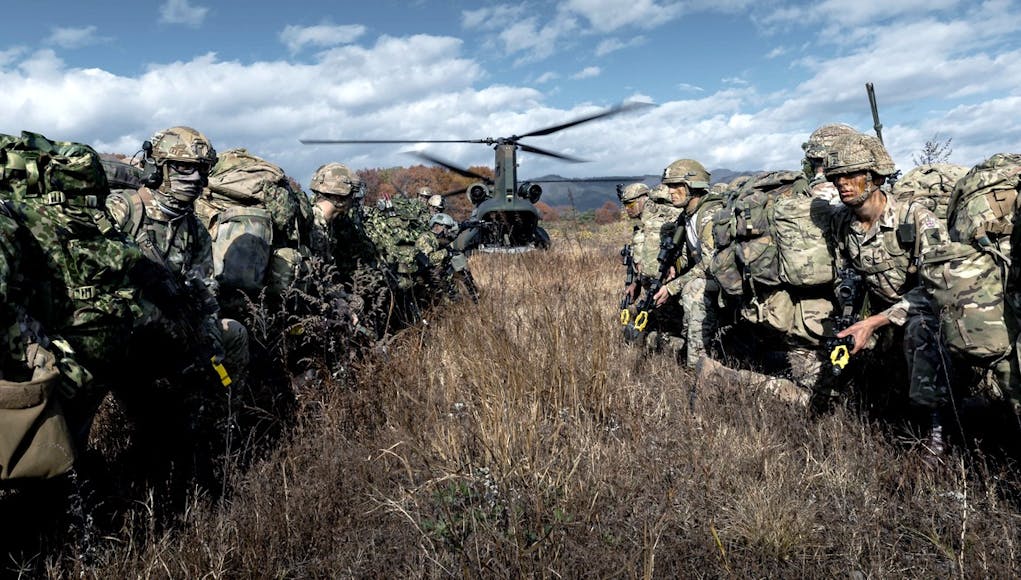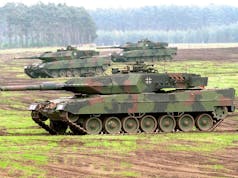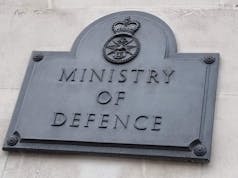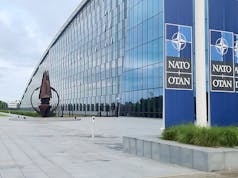The Japanese Prime Minister recently met with Prime Minister Rishi Sunak at the Tower of London, where they signed the Reciprocal Access Agreement, which the UK Government describes as the “most significant defence agreement between the two countries in more than a century”.
The agreement, which must now be approved by the Japanese Diet and the UK Parliament, was agreed to in principle by the Japanese Prime Minister and former UK PM Boris Johnson in May, with talks ongoing since to work out the contents of the agreement.
The two countries, which describe each other as their “closest” security partners in their respective continents, have been increasing their defence cooperation recently. Earlier this month, US, Australian, British and Japanese paratroopers conducted joint parachute training from Japanese aircraft.
Additionally, the Vigilant Isles (pictured above) joint UK-Japanese exercise, which began in 2018 and other than US forces, was the first time foreign troops had conducted military exercises on Japanese soil, was held for the first time since the Covid-19 pandemic in December, with soldiers from the British Army’s Royal Artillery and their Japanese counterparts practising island defence capabilities and improving their interoperability.
In the same month, the Global Combat Air Programme was launched, combining the Japanese F-X and Anglo-Italian Tempest next-generation fighter aircraft projects with the aim of producing aircraft by the mid-2030s to replace aircraft such as the Eurofighter Typhoon and Mitsubishi F-2.
The Japan-UK Reciprocal Access Agreement followed the signing of a similar agreement between Japan and Australia and was described by the Japanese Ministry of Foreign Affairs as simplifying procedures for cooperation activities, “such as port calls of vessels and joint exercises” and “further promoting bilateral security and defence cooperation” while the UK Prime Minister Rishi Sunak said:
“This Reciprocal Access Agreement is hugely significant for both our nations – it cements our commitment to the Indo-Pacific and underlines our joint efforts to bolster economic security, accelerate our defence cooperation and drive innovation that creates highly skilled jobs.”














There could be opportunities here to purchase land weapons from Japan. The Koreans are banging on the UK door with their SP guns. Though I’d prefer British-designed and made vehicles we no longer have the capability. I would like to see a possible tie-up with japan for a future MBT that could be assembled in our respective countries. The scope of this agreement could offer the MOD some tangible solutions in addressing the dia state of some of the Army’s weapon fleets.
Pure fancy, but maybe we can sell Japan a licence build for a QE type aircraft carrier? Japan also has a massive ABM cruiser planned that might contribute some input into T83? Japan’s diesel subs/systems might be interested in UK tech and vice versa.
Japan is a sound country to do business with, they are tough and demand equal effort in any workable agreement. The UK would be wise to expand these new ties with Japan and defence as this would benefit both parties significantly. A common warship design would be a logical direction as servicing and repairs could all be located in the Pacific theatre. On land, there are many future opportunities, especially in heavy armour and a possible future MBT. Where Japan is huge is electronics and as more weapon systems become autonomous (plus drone developments) the scope of advanced joint technology could be breathtaking.
Japanese warship designs have traditionally been close copies of American ones assembled in Japanese yards, and outfitted with lots of cheap off-the-shelf American kit. Obviously this has limited their sovereign warship design in certain ways, but they felt comfortable relying on the US and the low costs have enabled them to build up one of the world’s most credible escort fleets. Getting them to break that comfortable arrangement won’t be easy, though there are certainly a lot of benefits to cooperating with them.
we’re already doing Tempest together. Personally I think it’s a shame the MoD aren’t interested in getting conventional submarines. Japan are experts in this area.
American warship designs apart from the odd (horrendously expensive) experimental hulls are very conservative and dated. I had hoped they would have adopted the Type 26 as the basis of their new frigate, which would have been a significant step forward. I agree the Japanese would benefit from closer cooperation on the Type 83 destroyer and help bring their vessels closer to the European trends.
Small start but they are incorporating the MT30 into one of their new Frigate designs
For me, this is what the “Tilt to the Pacific” actually means.
Not in the tiny number of assets we can deploy there, like the 2 RB2s, but in things like AUKUS, the UK/Japan Tempest agreement, and the economic opportunities this represents.
What is the Labour Party’s position on this UK/Japan co -operation? I’ve read of the memberships position regards AUKUS so I hope for better here.
Japan would be a very sound partner on so many levels and with the Pacific looming fast as a future tension zone, this agreement is very timely indeed. The RN warship build programme needs to gravitate towards more permanently stationed warships in the Far East and that would have a direct impact on the number of new hulls it needs to procure. The purchase of some naval assets from Japan could help to establish a more cost-efficient replenishment of our naval forces in that theatre. Further opportunities could be a Tempest-type agreement on future warship design and construction, the possibilities are endless as long as the work share is on an equal footing.
Exactly mate. Hopefully only good things can come from closer relations with the Japanese. And ’tilts’ to certain regions isn’t just about military assets in place. Got to get the politics right, or its a none starter.
I think CBTPP is an important complementary element to this, which has gone disturbingly quiet.
Not least, being on the Pacific side of the table wrt trade negotiations with the EU will (if delivered) give us important leverage to be used elsewhere.
CBTPP: https://en.wikipedia.org/wiki/Comprehensive_and_Progressive_Agreement_for_Trans-Pacific_Partnership#United_Kingdom
Very good additional point.
honda / rover comes to mind different times. japan probably wants to explore away from america and we need partners. has to good for both sides to work.
Sadly, Rover walked away (allegedly) from Honda and eventually ended up in BMW’s lap.
Not true. BAE sold Rover out (to BMW) under the noses of Honda. Honda had no interest in owning Rover outright, preferring a partnership approach, but that didn’t net BAE any money. I can assure you the Rover Group employees at the time would have rather stayed with Honda than ending up being broken by BMW. I was working there at the time and was gutted when I heard who had bought us.
The JSDF escort fleet is of a size we can only dream of but IMO should be closer to what our wealth, responsablities & security needs demands.
This partnership is excellent, especially with the rise & global threat of the PRC. Any attempted expansion in the far East should be seen as a global threat rather than regional, including any attack on Taiwan.